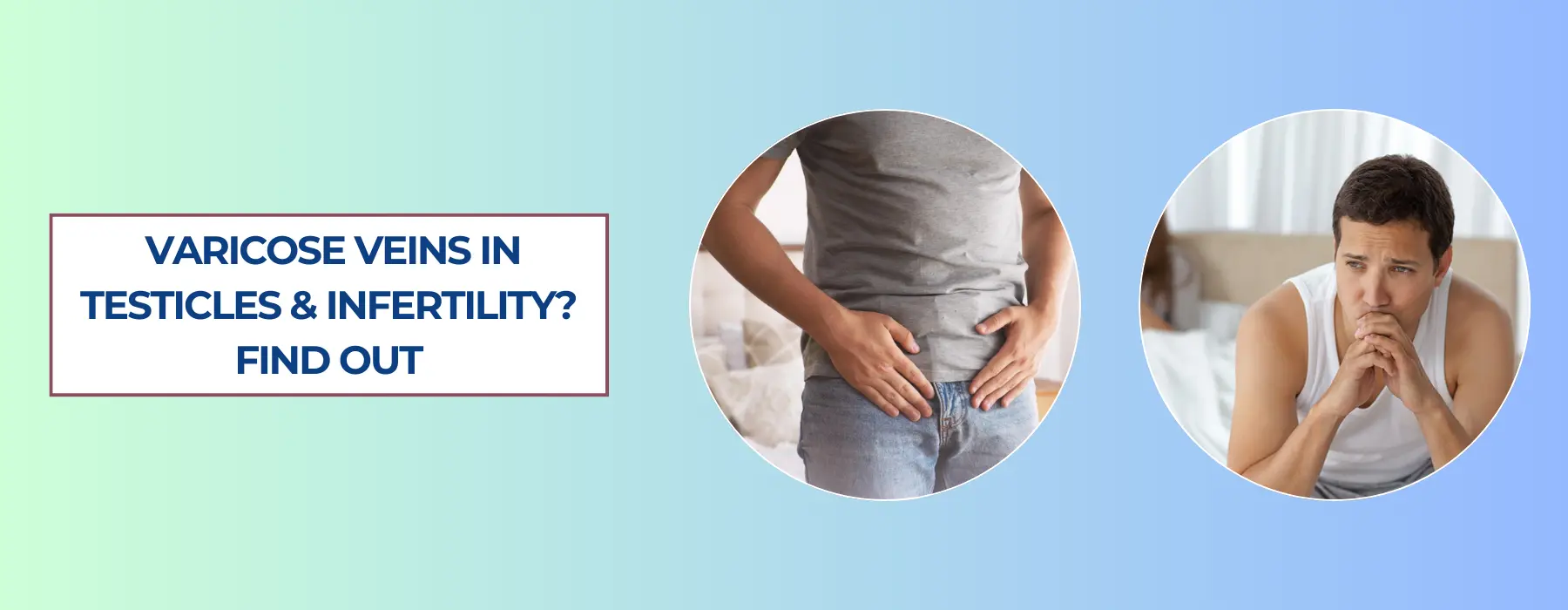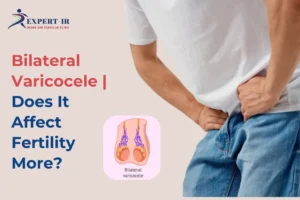So, can varicose veins in testicles cause infertility? The answer is a resounding yes. By raising testicular temperature, limiting oxygen supply, and damaging sperm DNA, varicoceles significantly impact male fertility.
The good news is that with proper diagnosis and modern treatments like embolization, men can improve sperm quality and increase their chances of conception. For the best care in Pune, consult Dr. Santosh Patil at Expert IR Clinic and take the first step toward restoring both your vein health and fertility.
Book Your Consultation with Dr. Santosh Patil and the team at Expert IR Clinic are here to help you achieve healthier legs and better quality of life.




